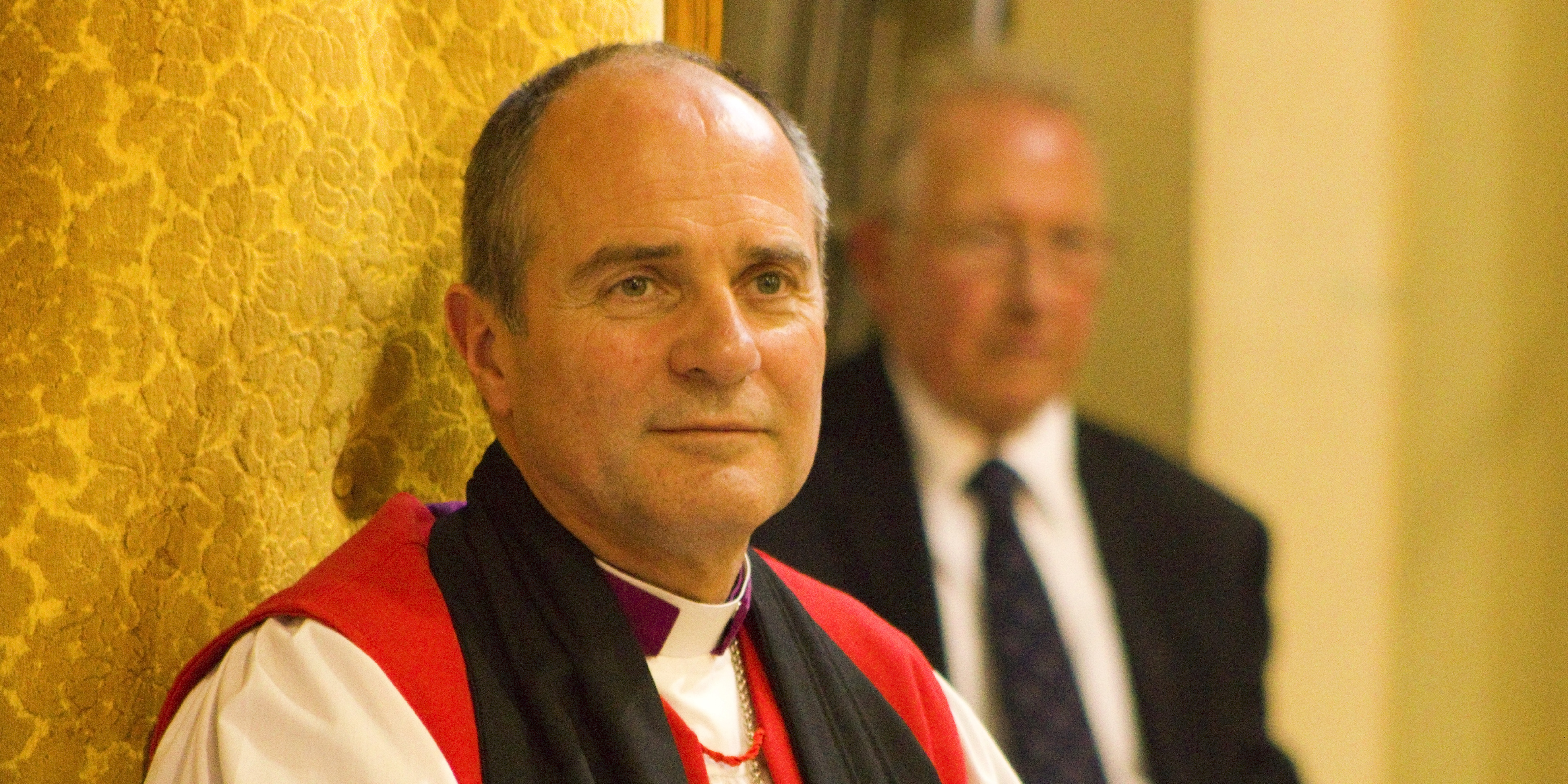
This month Bishop Lee reflects on the Church of Englands understanding of what it means to be the local Church. If you think this is all about parishes then read on.
A few months ago I posed a question about Anglican understanding of the Church (our ecclesiology) to those training for Licensed Lay Ministry. What, I asked, does the Church of England regard as the primary unit for ministry and mission? I offered a choice of possible answers ranging from Province to Parish and included others such as Deanery, Episcopal Area and Archdeaconry.
The vast majority opted for Parish with only two giving the correct answer Diocese. There was general surprise at this and it raised a number of questions. Surely the parish should be the primary unit, after all 90% or more of what goes on in the Diocese of Bristol happens at a parochial level? If we believe the local church is the hope of the world (to quote Bill Hybels) how can the Diocese be more significant?
It may seem odd to our ears but in Anglican understanding the Diocese is the local church. The Diocese is the way we seek to work interdependently as a part of the Body of Christ in a given geographical context. Rather than seeing the local church as parish-wide, for the Church of England the local church is the breadth of a Diocese and is unified in its mission and ministry around the Diocesan Bishop.
None of this in fact devalues the critical importance of the parishes: they remain as the primary locus for worship, for the task of mission and evangelism, and for building and deepening our shared life in Christian community. But having this perspective ensures we hold together and bless one another rather than becoming autonomous and disconnected. Remembering our mutual interdependence in belonging together as a Diocese provides a structure and means for living out the kinds of relationships pictured in Ephesians 4:16 a body joined and held together by every supporting ligament, growing and building itself up in love as every part does its work.
This understanding fosters a sense of mutuality in ministry which is expressed in a wide range of ways, including support for our more economically challenged areas, training and equipping our ministers, resourcing the many Church-affiliated schools across the Diocese, and providing services essential for the wellbeing and protection of those in our churches. The financial contributions given through the Share are a key element of this interdependence and our commitment to being part of something bigger. (If you have not yet seen the excellent video produced by Sam Cavender which illustrates this beautifully please visit http://www.youtube.com/watch?v=Kac7-eGqmFM).
I was not really surprised to find so few Lay Ministers in training thought the parish was the primary unit for ministry and mission in the Church of England. For the majority of church members the Diocese feels very distant from the parishes. If the parish is us then the Diocese is them. This is something we have to change and not just because it is inadequate ecclesiology!
For the past few years I trust that congregations have noticed that the place the deanery holds in our shared life has been gaining in prominence. Area Deans, working with their Deanery Leadership Teams, have been given increasing responsibility for deciding the future needs for authorised ministers in their contexts. This has brought the sense of, and need for, mutuality and interdependence much closer. A few years ago I regularly reminded congregations and ministers that there is no them of the Diocese - the Diocese is all of us. At least one of the Area Deans has taken that a step further with the refrain We are the Deanery, we are the Diocese. The message is going out and the culture is changing with the Deaneries effectively becoming some of the ligaments of our corporate (ie body) life.
In a society which has become increasingly fragmented and focussed on rights and freedoms as opposed to shared responsibilities we need to guard against imbibing the spirit of the age in our own common life. Being a Diocese means inhabiting our calling as part of the One, Holy, Catholic and Apostolic Church worshipping the One True God. Lets continue to work at making this more visible!
+Lee